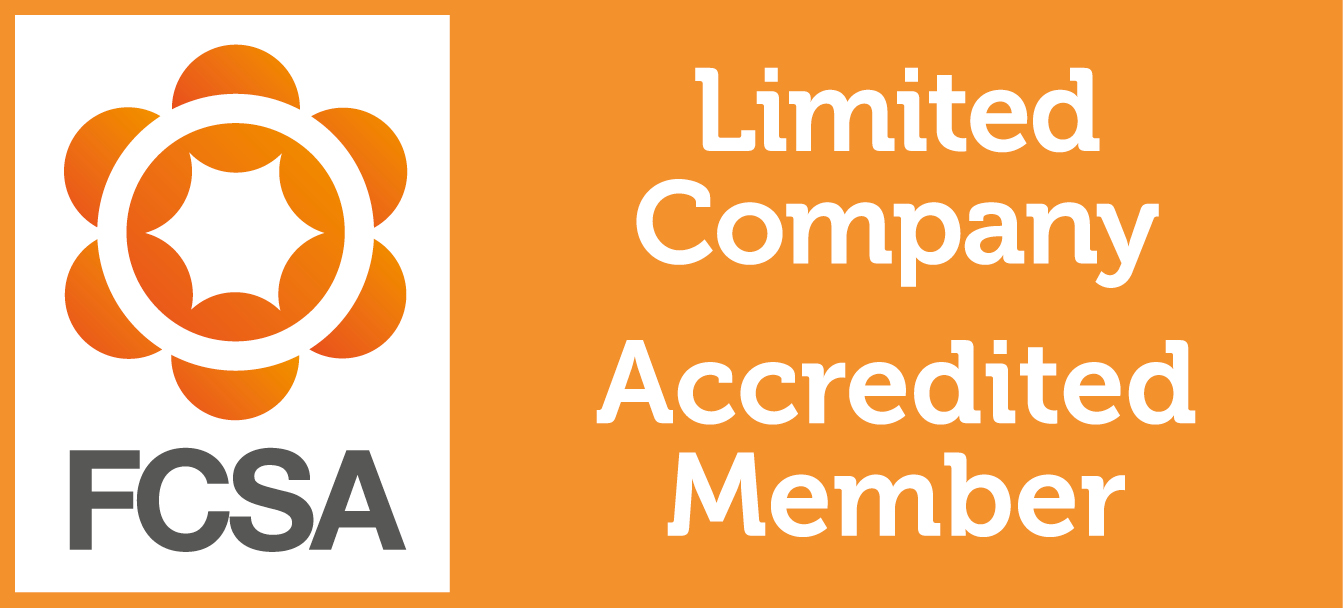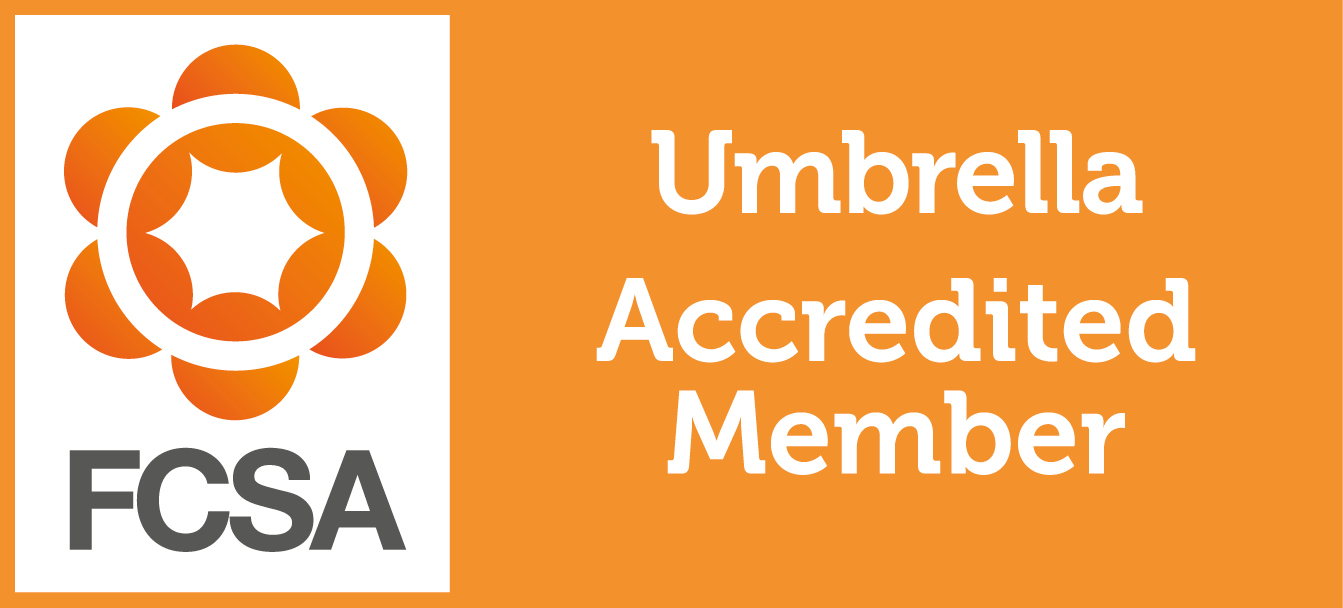
In a bid to tackle fraud in the construction industry, HMRC will be introducing a domestic reverse charge which will take effect from 1st March 2021. The new legislation will only apply to specific building and construction services and will mean that the customer will now be liable to account for the VAT on purchases.
What is the VAT Reverse Charge?
The VAT reverse charge is a new effort by the government to combat missing trader fraud. Missing trader fraud occurs when fraudsters set up and operate as regular construction companies but siphon off VAT as it moves up the supply chain. They operate anywhere between six and nine months before closing the business and vanishing without paying any tax to HMRC.
Although construction projects are a relatively new target for fraudsters, scams like these have been around for a while and started in the electronic goods trade. As the government cracks down on other sectors, they move to new industries to avoid penalties.
The new reverse charge taxation system – due to be introduced from 1st March 2021 – will mean that VAT cash will no longer flow between businesses. For every transaction made, the VAT will be registered and clearly stated on the invoice as a reverse charge. Rather than the supplier charging and accounting for the VAT; it is the recipient of those supplies who will account for it.
Want to learn more about the Construction Industry Scheme? Download our free guide:
Who will the VAT Reverse Charge affect?
The VAT reverse charge will apply to businesses and individuals who are VAT registered in the UK (excluding consumers).
The reverse charge also applies to construction and building services supplied at reduced or standard rates that need to be reported under CIS. These specified supplies include but are not limited to:
- Installing ventilation, power supply, heating, lighting, air-conditioning, sanitation, drainage, fire protection systems or water supply in any structure or building
- Constructing, extending, repairing, altering, dismantling or demolishing structures or buildings (permanent or not), including offshore installation services
- Extending, altering, constructing, repairing, demolishing of any works forming, or planned to form, part of the land, including roadworks, walls, electronic communications equipment, power lines, railways, inland waterways, aircraft runways, harbours and docks
For the complete list of services affected by the reverse charge, please visit the government’s website.
Services excluded from the VAT Reverse Charge
The latest government guidance states that “employment businesses who supply staff and who are responsible for paying temporary workers they supply, are not subject to the reverse charge”.
The reverse charge does not apply if the customer is not VAT registered in the UK or if the service is zero-rated for VAT. The reverse charge does also not apply to consumers or final customers of building and construction companies or intermediary suppliers who are VAT and CIS registered and linked to end-users.
Below are a few examples of services excluded from the reverse charge:
- Installing blinds, shutters and seating
- Installing security systems, including public address systems, burglar alarms and closed-circuit television
- Manufacturing components of lighting, air-conditioning, power supply, heating, ventilation, sanitation, drainage, fire protection or water supply, or delivering any of these to site
- The professional work of surveyors or architects, or building, engineering, exterior or interior decoration and landscape consultants
For the complete list of services excluded from the reverse charge, please visit the government’s website.
What you need to do to prepare for the Domestic Reverse Charge
To ensure you are ready for the changes that will come into effect on 1st March 2021 you need to:
- Determine whether the reverse charge affects your purchases, sales or both
- Update your accounting systems in line with the changes to ensure you remain compliant
- Ensure all staff who are responsible for VAT accounting understand the reverse charge
- Consider whether the reverse charge will impact your cash flow, and if so, how you will prepare for the potential problems once the charge is introduced
HMRC understands that companies implementing the domestic reverse charge may initially face some complications. A “light touch” approach will be used in dealing with errors made in the first six months, as long as you are trying to comply with the new legislation.
Penalties will be considered and applied if you are deliberately not accounting for the VAT correctly or are taking advantage of the reverse charge.
Churchill Knight CIS can support you
Churchill Knight CIS is a specialist accountancy service for professionals working under the Construction Industry Scheme. Our limited company accounting service allows you to run your business with ease as we will assist you with your administration, Corporation Tax and PAYE, CIS registration forms, Company Incorporation and VAT registration where applicable.
To find out more about our CIS limited service, please give our experts a call on 01707 817815, as we would be delighted to speak to you. Alternatively, you can request a call for a time that suits you, and someone will be in touch.
About Churchill Knight
Founded by an IT Contractor in 1998, Churchill Knight has become one of the most respected contractor accountants in the UK. We’ve helped over 20,000 contractors with their accountancy requirements. As well as our accountancy services, we also have an industry-leading PAYE umbrella company and dedicated in-house personal tax department. Whichever service you choose, you can move forward with complete peace of mind. We are proud of the reputation we’ve built over the years, and our FCSA accreditation proves how committed we are to compliance within our sector. Keep reading…









